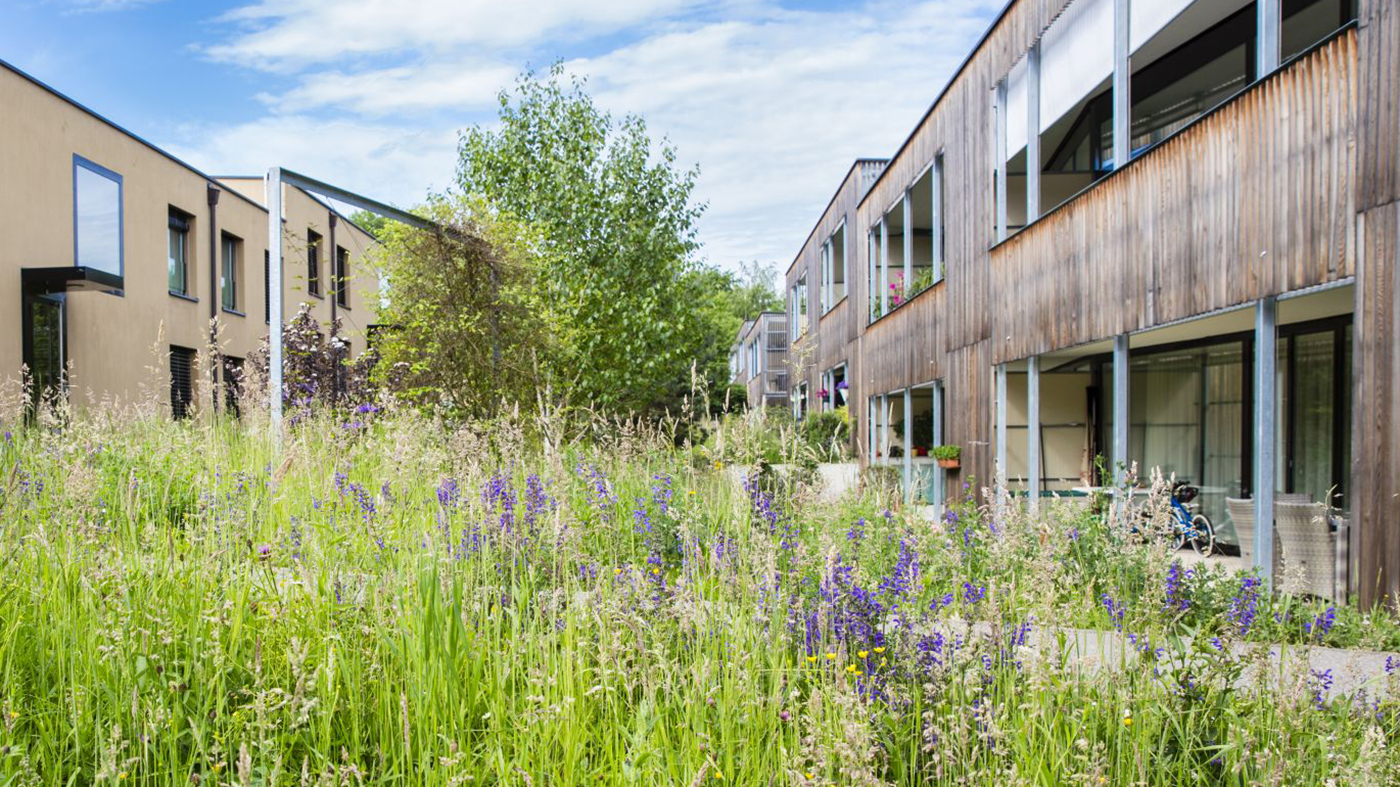Navigation auf uzh.ch
Navigation auf uzh.ch

Nature and its diversity form the basis of all life on Earth. The biological network provides us with food to eat, water to drink and air to breathe. But even though we are well aware of our dependence on Mother Nature, the destruction continues. Around a quarter of all species are threatened with extinction and the condition of natural ecosystems is deteriorating. “We need to reverse the trend,” says Cornelia Krug, science liaison officer at the University Research Priority Program “Global Change and Biodiversity”.
Together with an international steering committee, Krug is organizing the second World Biodiversity Forum, which this week is uniting more than 500 researchers and biodiversity professionals in Davos. The conference is hybrid – around another 150 people will participate online. It’s not just an opportunity to exchange new results and methods, but above all to work together on finding solutions, says Krug.
Accordingly, the motto of this year’s conference is “Inspiration to Act”. The international gathering, which took place for the first time in 2020, is organized by UZH together with the bioDISCOVERY research network. UZH President Michael Schaepman says it is vital to establish clear goals for global biodiversity efforts: “We need to find a clear message about our biodiversity aims, similar to the Paris climate goals.”
The symposium will be attended by experts from various disciplines such as botany, zoology, genetics, hydrology and remote sensing, as well as by representatives of academic fields that one would not necessarily expect to find at a biodiversity conference – such as banking and finance. Marc Chesney, professor of quantitative finance at UZH, for example, will discuss why the prevailing economic principles could pose a risk for biodiversity. Part of the debate is how to establish new financial instruments that reward sustainable business practices. “There needs to be a rethink in the financial industry,” Krug says.
Another topic on the agenda is mountain regions, where valuable land is declining dramatically. Despite its importance, we still do not know enough about biodiversity in high-altitude mountain areas. This includes microbial diversity in glacial runoff, biodiversity in permafrost, or diversity in mountain meadows. Biodiversity researchers working with Markus Fischer (University of Bern) are therefore calling for comprehensive inventories of species composition. This is an area in which citizen scientists can play a significant role. Interested laypersons are increasingly getting involved in projects to record and preserve mountain flora.
Practical approaches are also being pursued by engineer Peter Bach of the Swiss Federal Institute of Aquatic Science and Technology (Eawag). He is leading the conference topic Blue Green Cities looking at ways of increasing biodiversity in urban centers. Species-rich areas and watercourses could be harnessed to create diverse habitats in cities for both people and flora and fauna.
The close link between the biodiversity crisis and climate change is also seen in urban development issues. Green spaces can reduce local temperatures in cities by several degrees. In general, the loss of forests and species-rich landscapes exacerbates warming, and the higher temperatures in turn accelerate species loss. “Climate change and species loss are mutually reinforcing,” Krug says. Limiting species loss is thus just as important as limiting global warming (to a maximum of 1.5 degrees according to the Paris Agreement).
The Davos conference will therefore also shine a spotlight on the Convention on Biological Diversity, which was signed along with the Climate Change Convention at the Rio Earth Summit 30 years ago. The Convention on Biological Diversity reaches an important milestone this December in Montreal, Canada, when its goals will be reaffirmed and its validity extended to 2050. Cornelia Krug would like the Davos conference motto to be also understood in relation to the Biodiversity Convention: it is time to act. At the end of the Davos conference, therefore, a resolution with concrete recommendations for action is planned.